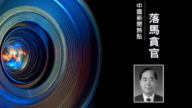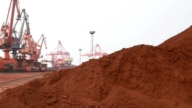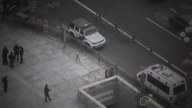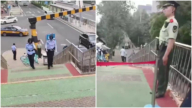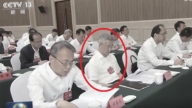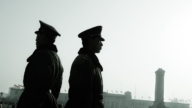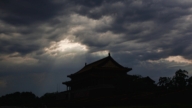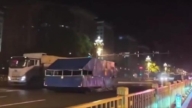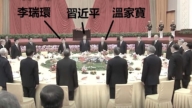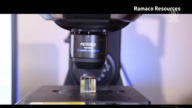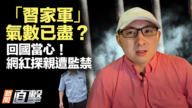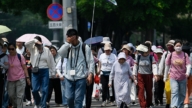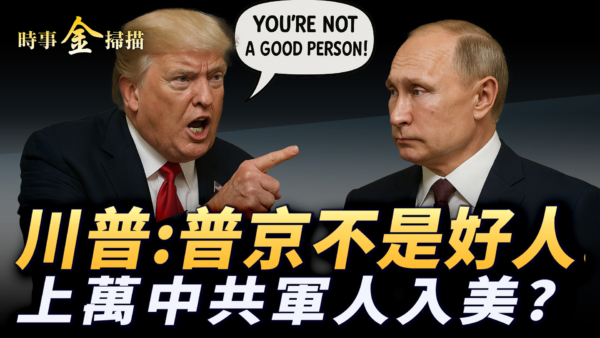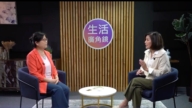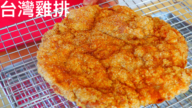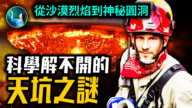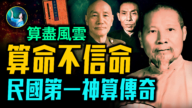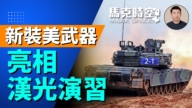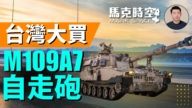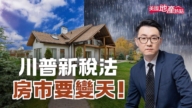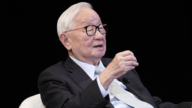【新唐人2012年11月05日讯】一年前,中共总书记胡锦涛曾经谈到,中共面临“精神懈怠、能力不足、脱离群众、消极腐败”等“四大危险”。现在18大即将举行,大陆官媒再次强调这“四大危险”。同时,前中共总书记胡耀邦之子胡德平呼吁深化政改的文章,也出现在报纸头版。外界分析,这似乎在传递着强烈的政改信号,但中共所说的政改和民众期望的政改却相差甚远。下面请看报导。
2号,中共党媒《新华社》发表文章“挑战,十八大必须直面的话题”,文中再次强调中共总书记胡锦涛去年(2011年)提出的警告:当前中共面临“精神懈怠、能力不足、脱离群众、消极腐败”等四大危险。报导声称,中国社会目前正处于“矛盾凸显期”,中共政权“面对前所未有的挑战”,“来自外部的风险前所未有”。中共18大必须面对外交压力、经济放缓、分配不均等执政难题。
最新一期中共机关刊物《求是》也指出,对于中共来说,今后“两难”选择,日益增多。
而就在1号,北京“十八大新闻中心”《新华社》图片服务处,展出了一张1982年中共12大的旧照,被视为中共体制内开明派代表人物的中共前任总书记胡耀邦和赵紫阳,双双出现在照片中。
3号,北京《经济观察报》又在头版刊登前胡耀邦之子、全国政协常委胡德平的文章,呼吁中共深化政改、实施宪政法治。胡德平表示,要破除国有企业的垄断,让民营企业逐步进入垄断行业,公平竞争。胡德平还以“文革”教训为例,呼吁当局推动宪法的实施。
大陆当局这一系列举措,引来外界关注与猜测,认为这是在释放强烈的政改信号。当局希望通过再次推出拥有一定民望的已故领导人胡耀邦、赵紫阳,来解决中共当前面临的空前执政危机。
但时政评论员蓝述向《新唐人》分析指出,当年胡耀邦、赵紫阳在共产党体制内进行的有限政改,曾经在当时有过一定积极意义,但在今天已经远远落后于时代。
时政评论员蓝述:“他们所做的所有改革,归根结底就是一句话,就是:改变共产党的执政方式,而不改变共产党的执政地位。而恰恰是中共这个独裁的执政地位,是中国社会现在面临的一切问题的核心。”
蓝述强调,这样类似的改革,无非是做做样子、新鲜一阵而已,不会起到实质作用。
北京国情内参首席研究员巩胜利也指出,任何政党都要解决一个“合法化”的问题,但中共民心尽失,“执政合法性”受到全世界的质疑。
北京国情内参首席研究员巩胜利:“合法化很简单,就是要老百姓来举手站队,(看)站在谁的一方。你比如说,现在中国媒体也经常搞老百姓的支持率,但是它不搞一个中国共产党的支持率,从来没有搞过一次。”
巩胜利强调,中共一开始曾经蒙骗了民众,但现在基本上老百姓都已经看明白:中共只关心自己手中的权力,所谓坚持“中国特色社会主义”,完全是为了中共这个集团的利益。
采访/刘惠 编辑/李谦 后制/周天
CCP Regime’s Four Major Dangers Once Again Published
One year ago, Hu Jintao, General Secretary of the Chinese
Communist Party (CCP), warned of four major dangers.
As the 18th Party Congress is upcoming, CCP official media
has once again stressed the four major dangers.
Meanwhile, former CCP leader Hu Yaobang’s son openly
appealed to the authorities to deepen political reform.
Analysts think these facts seem to give a strong signal of
the CCP launching reforms.
However, the political reform alleged by the CCP is far
different from the general public’s real expectation.
On November 2, the CCP official newspaper,
Xinhua News Agency,
issued an article about challenges
the 18th Party Congress faces.
It highlighted a warning made by Hu Jintao in 2011.
Hu warned of four major dangers existing within the CCP:
spiritual slackness, incompetence, losing contact with the
general public, inactivity and corruptibility”.
The news report alleged that China is “in a period
during which conflicts are increasingly showing themselves
and that the CCP regime faces “unprecedented challenges”
and “unprecedented crises arising from external sources.”
It also claimed that the18th Party Congress has to face
tough issues including diplomatic pressure, economic slowdown, and social inequality.
The latest issue of Qiu Shi magazine, official publication of
CCP Central Committee, said that in the near future,
the regime’s “dilemma of choice” will grow.
On November 1, the 18th Party Congress’ news center
exhibited an old photo taken at the 12th Party Congress in 1982.
The photo showed Hu Yaobang and Zhao Ziyang,
both were representatives of the CCP liberal faction.
On November 3, the Economic Observer,
a weekly newspaper based in Beijing, published Hu Deping’s article on the front page.
Hu Deping, Hu Yaobang’s son, is the Standing Committee
member of the CCP National Political Consultative Conference.
Hu Deping called on the CCP to deepen political reform,
and introduce constitutional democracy under the rule of law.
In his article, Hu Deping said that it should break up
state-owned enterprises’monopolies.
And that it should offer private enterprises open access
to monopoly industries for fair competition.
Hu Deping took the Cultural Revolution for example,
urging the regime to advance application of the Constitution.
A swathe of official initiatives have drawn
pubic attention and speculation.
They regard official actions as a strong signal
of a launch of possible political reform.
The authorities are deemed to want to resolve the
unprecedented ruling crisis by once again introducing Hu Yaobang and Zhao Ziyang.
Both Hu and Zhao, the late CCP leaders,
were known to have a high level of public support.
Critic Lan Shu comments on the political reforms
launched by Hu Yaobang and Zhao Ziyang.
The reforms did create positive impact at that time,
but they were limited, he says.
And today the reforms have lagged
far behind those of the era in mention.
Lan Shu: “All reforms they made, in short, were changes in
the CCP’s way of ruling, instead of changes in its ruling status.
But the CCP’s autocratic rule is the core of all the
problems that plague today’s China."
Lan Shu indicates that reforms like these are just a pose.
And that they won’t achieve any real effect.
Gong Shengli, chief researcher of Beijing-based periodical
“China Realities Insight”, comments on all this.
Gong said that any ruling political party is bound to
justify its “legitimacy”.
However, the CCP has now lost all public confidence,
and “the legitimacy of its reign” has been the subject of suspicion in the world.
Gong Shengli: “It’s very simple to make its reign legitimate.
Just allow the populace to vote.
For example, China’s media often conducts polls for
approval rating.
But they never do polls for the popularity rating of the CCP.”
Gong Shengli remarks that the CCP have
deceived the public from the very beginning.
So far, the general publics have basically discerned the truth.
The regime only cares about its ruling power.
It has insisted in following
“socialism with Chinese characteristics”, which is solely
for satisfying the interests of the CCP, he says.


